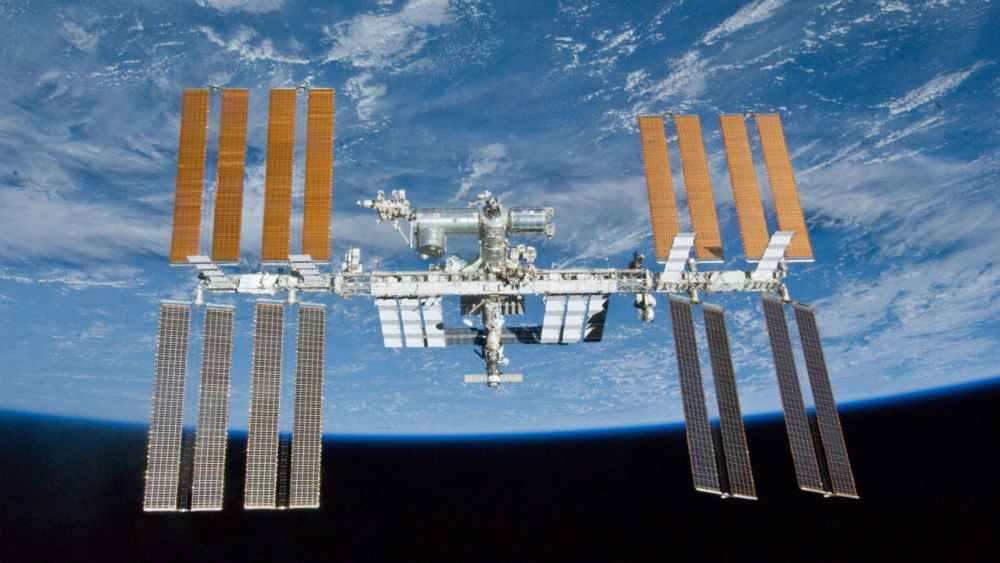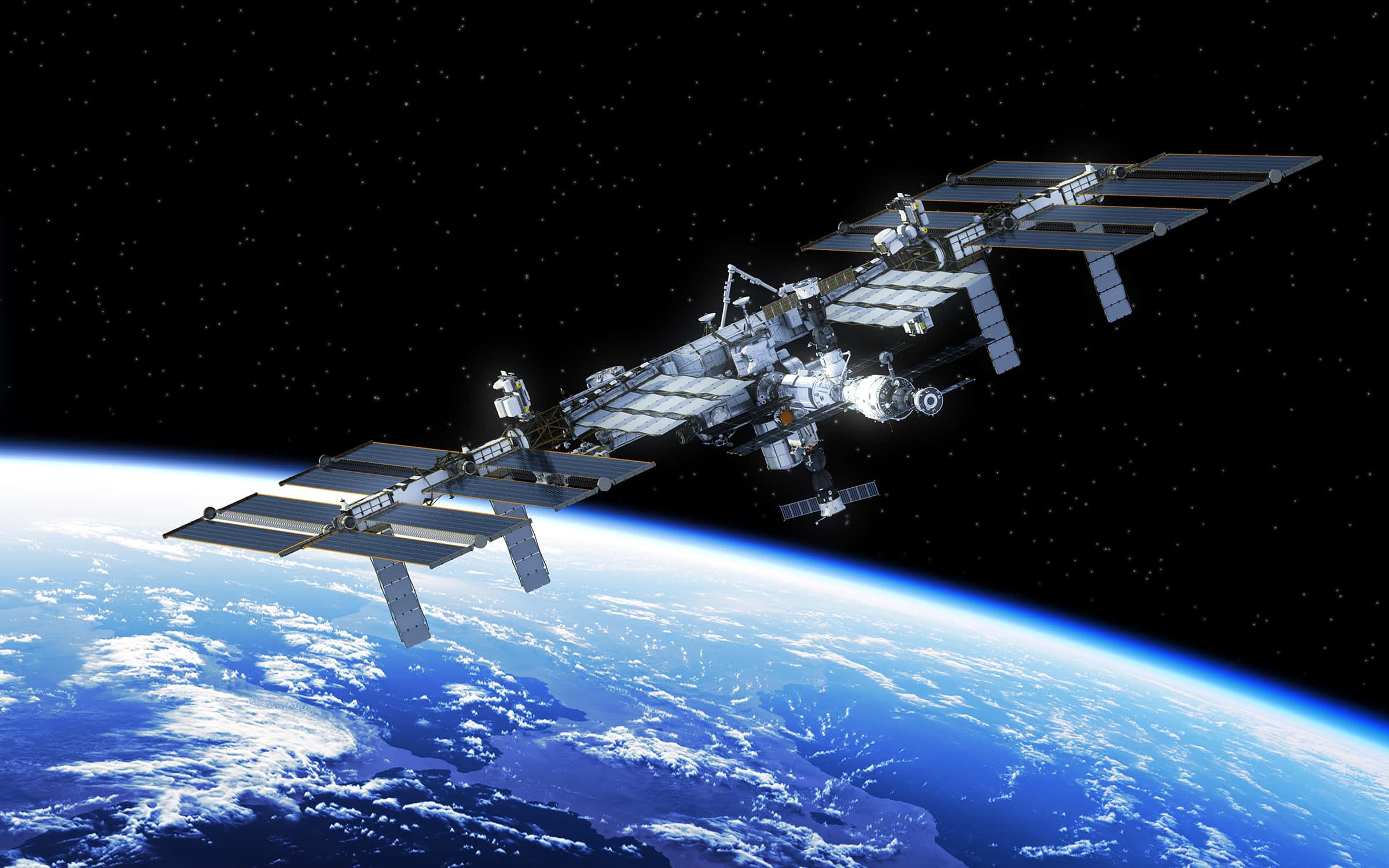This initiative is part of the National Aeronautics And Space Administration (NASA)’s strategic plan to utilize a U.S. Deorbit Vehicle (USDV) to guide the ISS safely back into Earth’s atmosphere.

The National Aeronautics and Space Administration (NASA) has issued a call for proposals from U.S. industry experts to develop a cutting-edge “space tug” for the crucial task of safely removing the International Space Station (ISS) from its orbit in the early 2030s
Previously referred to as a “space tug” by White House officials, this vehicle is pivotal to the agency’s vision. Upon successful completion of the ISS program, the National Aeronautics And Space Administration (NASA) envisions continued space exploration, including flights and commercial research, facilitated by industry-led space stations currently in their initial stages of development.
Interested parties are required to submit their USDV proposals by November 17, with comprehensive details available on the U.S. government website. The National Aeronautics And Space Administration (NASA) is affording vendors the flexibility to propose various design aspects for the vehicle, along with options for payment structures, either firm fixed price or cost plus incentive fee, for the distinct phases of design, development, test, and evaluation.
The National Aeronautics And Space Administration (NASA) assures a controlled deorbiting of the U.S. segment, emphasizing the shared responsibility among international partners for their respective sections
While specific methods for other international partners remain undisclosed, the National Aeronautics And Space Administration (NASA) highlights the need for a robust and responsible deorbit solution.
NASA underscores that the USDV will be a novel spacecraft or a modified existing design, requiring stringent testing and certification over several years. Among the key ISS contributors, include the Russian federal space agency Roscosmos, the European Space Agency, the Japan Aerospace Exploration Agency, and the Canadian Space Agency (CSA). Despite geopolitical tensions, ISS collaborations with Russia remain unaffected for the time being, according to the National Aeronautics And Space Administration (NASA).
READ ALSO: SpaceX Falcon 9 Launches 21 Starlink Satellites In Groundbreaking Mission




